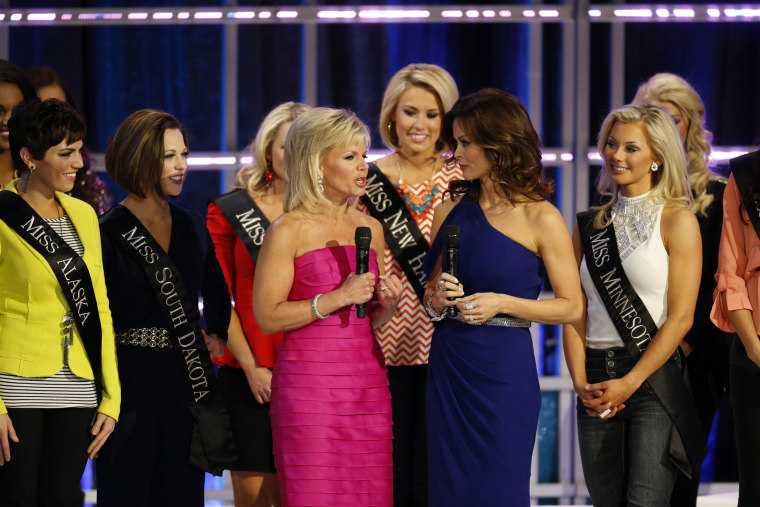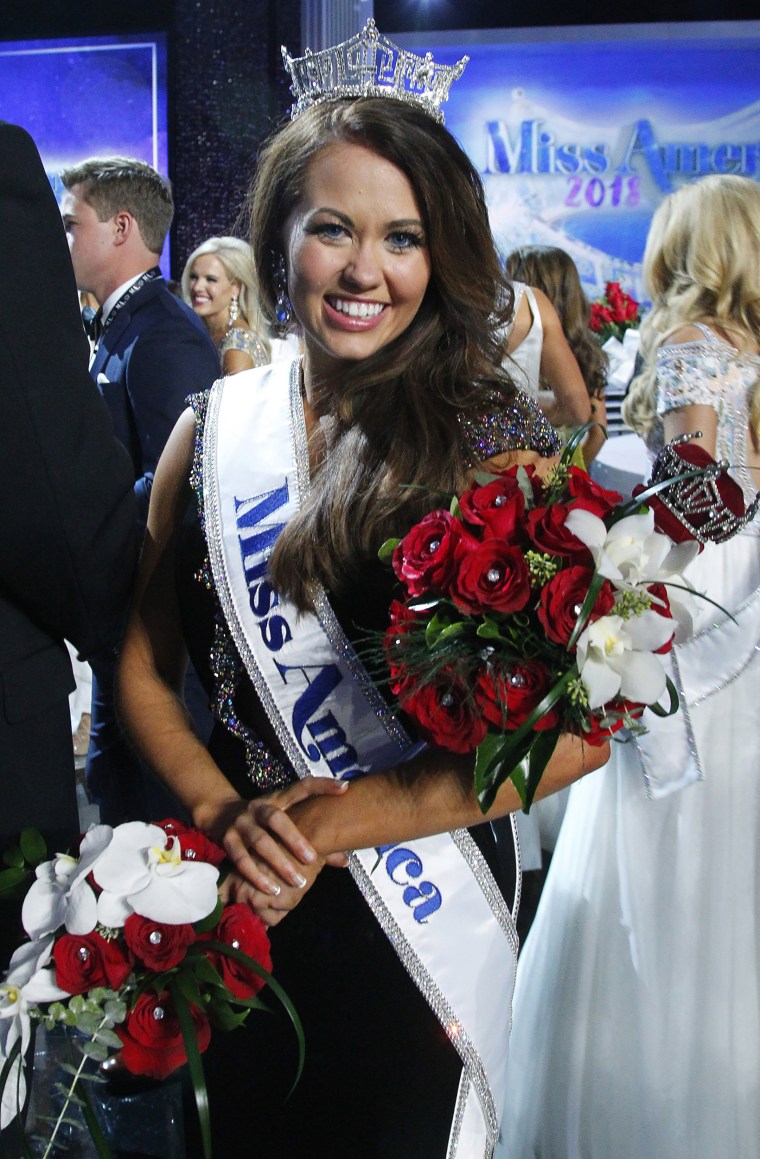The 92nd Miss America pageant is being held this weekend in Atlantic City, New Jersey, with new leadership and a newly empowered mandate. Over the last ten months, the organization has undergone a mass exodus at the top, a complete replacement of the non-profit board which runs the charitable organization and the cancelation of the pageant’s most famous portion, the swimsuit competition. But unfortunately, these changes have amounted to little more than moving around the deck chairs on a sinking ship.
The reality is the Miss America pageant, and spinoffs like Miss USA, are completely rooted in the sorts of attitudes that movements like #MeToo seek to eradicate. It may in fact be impossible to create a beauty pageant that both practices and preaches equality.
Last December, former Miss America CEO Sam Haskell was forced to resign due to an “email scandal” — a polite way of describing the company correspondences sent by Haskell and others in which they talked about competitors as if they were pieces of meat. Eventually the entire board resigned and the competition was given over to Gretchen Carlson. Carlson, a former pageant winner, was part of the group of women who came forward to accuse Fox News head Roger Ailes of sexual harassment; Ailes was ultimately removed from the network in one of the early victories for #MeToo accusers.

As women who had competed in the pageant, Carlson and the other new board members argued they could lead the program into the 21st century. They argued that Miss America — which was started by men back in the 1920s as a way to get people to come to Atlantic City beaches after Labor Day and also sell swimsuits — could be progressive. After all, they were living proof that the pageant could have a positive impact in contestants’ lives.
And so Carlson and friends set about making external changes to show how serious they were about modernizing the pageant. Miss USA doubled down this spring with a pageant that showcased skimpy swimsuits, low-cut evening wear and an embarrassingly low standard for the Q & A portion. But Miss America decided to do away with the swimsuit portion entirely, further declaring that they welcomed “women of all sizes.”
Miss America contestants are not born, they are molded through an exhaustive gauntlet of lesser pageants most girls first enter in elementary or middle school.
The latter is something that cannot happen overnight, if it comes to pass at all. Miss America contestants are not born, they are molded through an exhaustive gauntlet of lesser pageants most girls first enter in elementary or middle school, working their way up to county pageants, than state finals. This is a system that reinforces traditional beauty standards early and often — a few good soundbites aren’t going to change that.
Indeed, this kind of thinking is so entrenched that half of the new board resigned in protest when the swimsuit portion was taken away, causing another mass turnover at the top of the organization. The contestants are not so thrilled either, with some pageant entrants this year complaining openly on camera that this move took away their “leverage.”

Then there’s the issue of Carlson herself. According to the current Miss America, the pageant head presided consolidated power and presided over a strict hierarchy. The competition was not magically solved because the people running it were women. In an open letter last month, Miss America 2018 Cara Mund demanded the whole board resign – again. She alleged that she and her fellow contestants were being bullied and silenced. So much for empowering women.
Meanwhile, Miss America’s ratings have been falling steadily, though this is as much about the state of broadcast network TV as it is public interest in the pageant itself. Evaluating women live on national television just doesn’t captivate people like it used to. Optimistically, this is a hopeful sign about the direction of society. (Or maybe not — it will be interesting to try and gauge how the lack of the swimsuit competition impacted this year’s ratings.)
While Carlson may be on a mission to “save” Miss America, this increasingly seems like a competition that isn’t worth saving. Putting on a show for the patriarchy in exchange for a year’s worth of small-time television appearances and vague promises of educational opportunities just don’t seem worth it anymore in the context of #TimesUp and #MeToo. Carlson can tweak the judging criteria all she wants, but the fact that these women are being judged at all means they — and we — have already lost.
